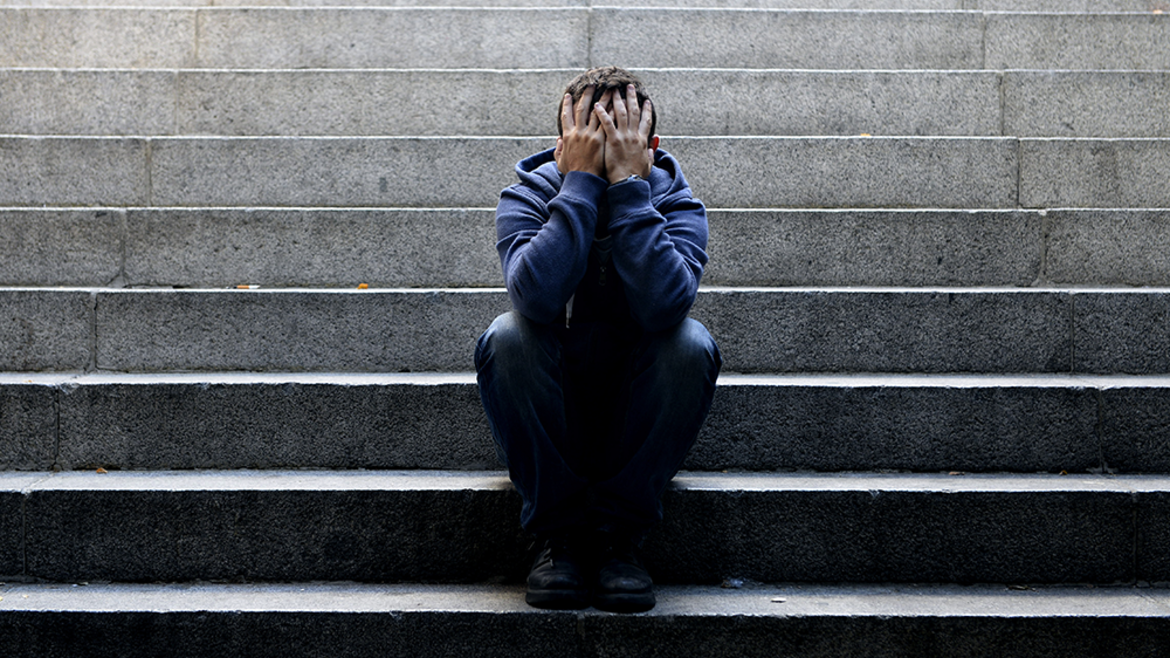A research center of the
UCR School of Public Policy

The conditions and environments of poor places exert a daily wear and tear that take their toll on individual health outcomes and influence health inequalities. Unlike major life events, these chronic stressors are modest day-to-day costs that are challenging to document and investigate. In this study, we leverage nearly 300,000 GPS estimates and over 5,300 daily reports of negative emotions collected through mobile phones among individuals recently released from prison and living in poor urban neighbor- hoods to examine how changes in daily exposure to concentrated disadvantage are associated with negative emotions. The findings suggest that day-to-day changes in disadvantage are related to increased negative emotions, specifically stress, and that these associations are concentrated among people who live in highly disadvantaged areas. By systematically examining this process, the findings illuminate how poor places disadvantage people’s emotional health in everyday life.